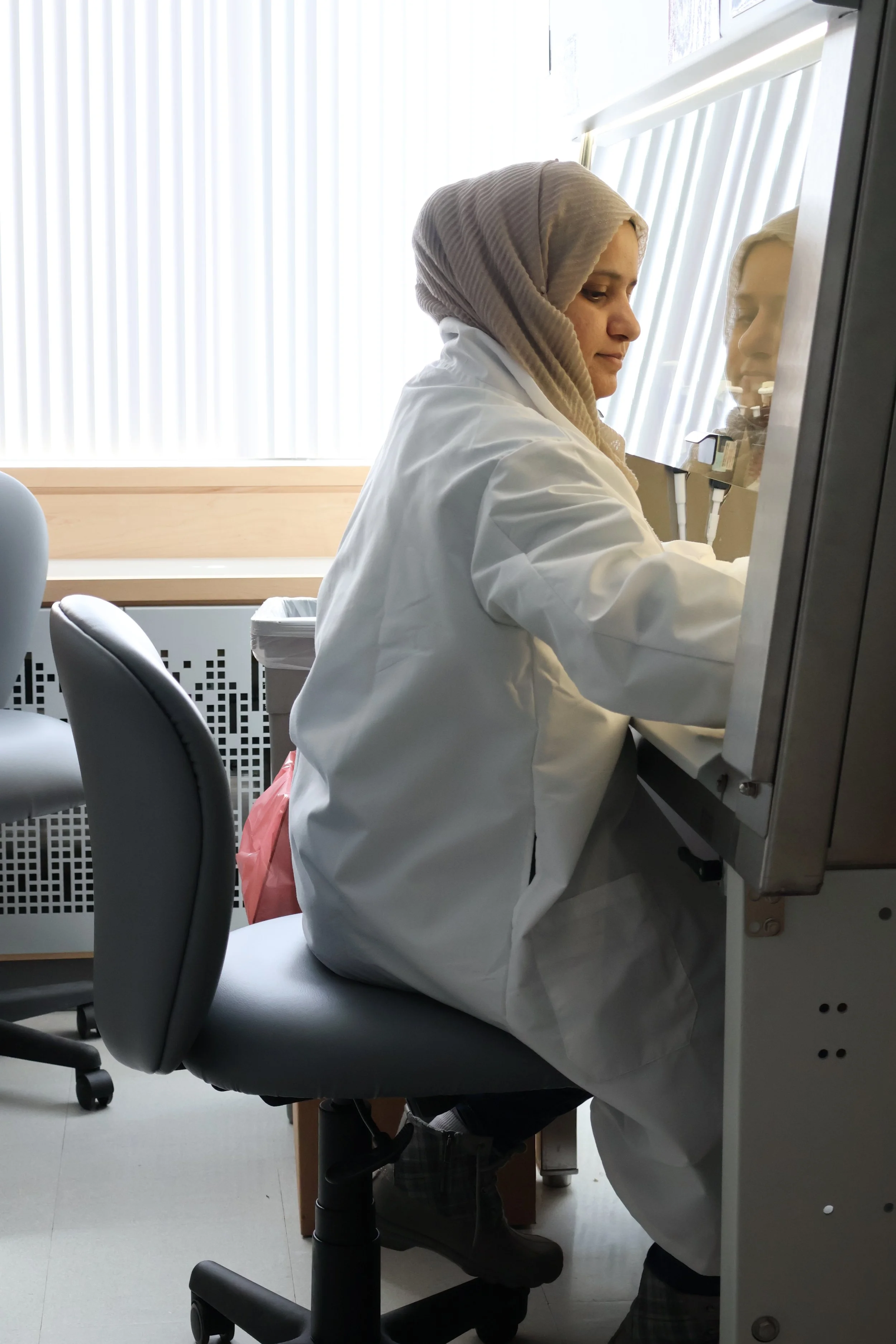Novel Gene Discovery
Many of the genes identified from patients with congenital malformations have no known role in embryonic development. In some cases, these genes are completely novel with nothing known about their function. In our lab, we screen these genes for functional effect in Xenopus recently using F0 CRISPR/Cas9 analysis, which is a very inexpensive and rapid loss of function screening method. If we find that the gene efficiently recapitulates the patient phenotype, then we aggressively pursue its function, even if there is no know function established. In these cases, we analyze all the available phenotypes with the presumption that phenotypes are related and by discovering the mechanism of one phenotype we can begin to understand other phenotypes (if present as well). This can be a particular challenge as we must be problem oriented, rather than method oriented, willing to chase any method in order to understand how this gene(s) cause the same developmental defect that we see in our patients. In addition, we are fortunate to have a rich academic environment here at Yale and so we can develop collaborations with colleague to augment our own expertise, and with teleconferencing, we can also develop collaborations at different institutions as well as countries. Because the genes we study are identified in patients with birth defects, we have a strong motivation to understand their function regardless of the molecular mechanisms or methods necessary for study.
